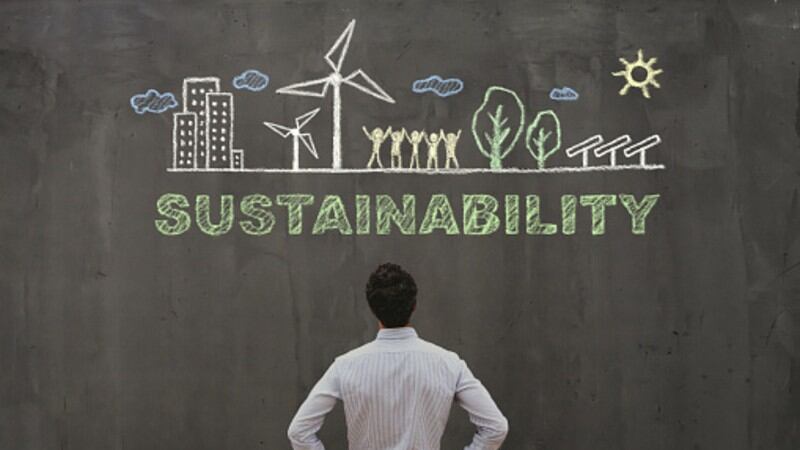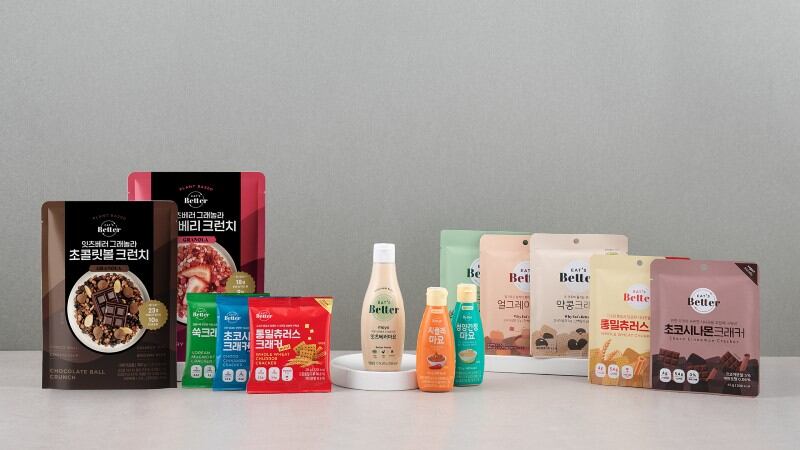‘No one-size fits all approach’: Tetra Pak on the challenges of meeting Asia’s sustainable packaging demands
Packaging giant Tetra Pak says it is going beyond traditional recycling efforts in its quest for sustainability in the APAC region and beyond, with a focus on upcycling and progress in developing its ‘world’s most sustainable food package’ detailed in its latest sustainability report.
A rise in consumer awareness and demand for sustainable food and beverage packaging has led to a parallel rise in the creation of various types of more environmentally-friendly packs worldwide, but mostly concentrated in more developed western markets such as the EU and United States.
In the Asia Pacific region and especially in Asia, it is well-known that humid climate conditions prevent straightforward new sustainable packaging solutions that may work well in other countries – but according to Tetra Pak APAC Vice President of Sustainability Jaideep Gokhale, the issues here go far beyond that.
“In this region, there are some countries which are more advanced [in terms of sustainability thinking] and mimic the EU and US such as Australia, New Zealand, Singapore, Japan and South Korea - but there are other parts of the region which show stark dissimilarities such as China, India and ASEAN,” Gokhale told FoodNavigator-Asia whilst discussing the firm’s 2021 Sustainability Report.
Film stars: Mengniu first China food firm to use recycled resin packaging as sustainability demands rise
China dairy heavyweight Mengniu has become the first firm in the domestic food industry to use recycled resin shrink film for the secondary packaging of its dairy products.
The company has partnered with packaging and materials science firm Dow for this to meet growing Chinese consumer demands for more sustainable packaging.
According to Mengniu Dairy Packaging R&D Director Frank Wang, the firm has billions across China and the rest of Asia that use plastic, and the company is looking to reduce its environmental impacts as part of its sustainability commitments.
“Mengniu has a great vision for sustainability, where we have made a promise to lead consumers towards a Healthier World – and shifting towards more sustainable packaging is a critical part of that,” Wang told FoodNavigator-Asia.
‘Voting with wallets’: Fonterra CEO urges industry to wise up to sustainability demands or consumers will walk away
Consumers across the food and beverage landscape will simply walk away from brands that merely pay lip service to sustainability concerns, argues Fonterra’s APAC CEO, who believes that many are already ‘voting with their wallets’.
Judith Swales’ comments came as the Asia Pacific Economic Cooperation (APEC) intergovernmental forum made food security, sustainability and food system digitalisation major areas of focus to accelerate the recovery of the food system in the Asia Pacific region.
Amongst these, one of the major impacts COVID-19 has had on consumers is a rise in demand for sustainability, according to Fonterra APAC CEO Judith Swales.
“The power is in the hands of the consumers, and they will vote with their wallets,” she told the floor at the recent APEC 2021 business forum.
“Consumers today are getting more and more concerned to know that food companies are taking sustainability seriously, and are willing to pay more for this. Many will walk away if they have doubts – this applies across the entire food industry whether it’s soft drinks or dairy or others.”
ASEAN ‘incredibly important’ to Nestle: Upcycling and plant-based innovation main areas of focus in upgraded R&D centre
Nestle has revealed that its newly-upgraded R&D centre in Singapore will place heavy focus on areas such as food upcycling and plant-based innovation, while also announcing the launch of a new ASEAN-specific R&D Accelerator.
According to Nestle Zone Asia, Oceania and Sub-Saharan Africa (AOA) CEO Chris Johnson, the South East Asian region is ‘incredibly important’ to the firm and the upgraded centre is crucial for it to keep up with what local consumers are looking for in food.
“South East Asia is incredibly important to Nestle – it makes up one-third of our business in the AOA region and we see a lot more opportunity for growth here too,” Johnson said during the relaunch event.
“We have achieved the current success we have in the region by making sure to understand local nuances and building up an understanding of each separate market, but consumer tastes are changing at a rapid pace and we need R&D centres like this one in Singapore to power the development of new products that [appeal to families] which are healthier and more sustainable.”
Domestic demand drop: Japan updates aquaculture strategy to focus on expanding exports and productivity
The Japanese government has revamped its national aquaculture strategy to focus on expanding seafood exports and boosting the productivity of select sectors such as shellfish and algae, after acknowledging that domestic demand will continue to drop.
The demand for seafood in Japan, once one of the top consumers of seafood in the world, has been on a steady decline for several years now, and the Japan Fisheries Agency (JFA), housed under the Ministry of Agriculture, Forestry and Fisheries (MAFF), has confirmed that this situation is not likely to improve.
“Japan has always been a large market for seafood [but] domestic demand will be decreasing in the long run as our society continues to shrink and age – the aquaculture sector in particular is very dependent on domestic demand, and as this demand shrinks, it means the sector will find it difficult to see growth,” said JFA via its latest Aquaculture Growth Industrialization Comprehensive Strategy documentation.





